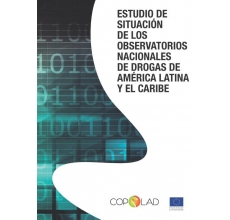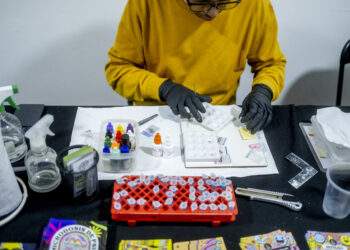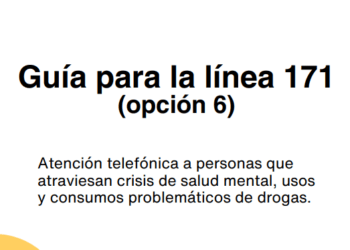Copolad > Studies > Situational Analysis of National Drug Observatories in Latin America and the Caribbean
Situational Analysis of National Drug Observatories in Latin America and the Caribbean

- Year: 2017
- Work areas: Observatories on Drugs
- Document type: Institutional reports
- Author: COPOLAD
0
SHARES
73
VIEWS
Subscribe to our newsletter
Noticias relacionadas
COPOLAD is a consortium formed by:


Collaborating partners:





